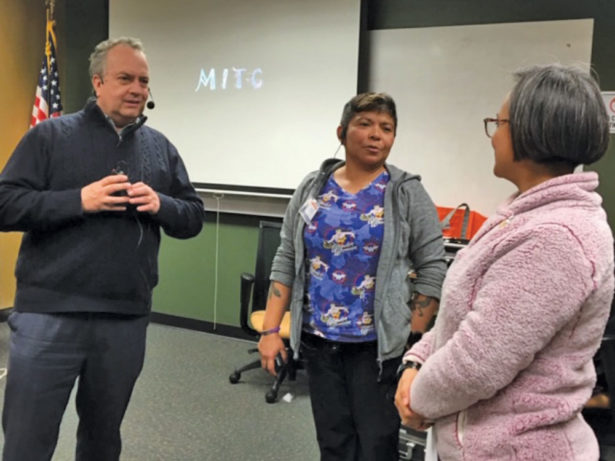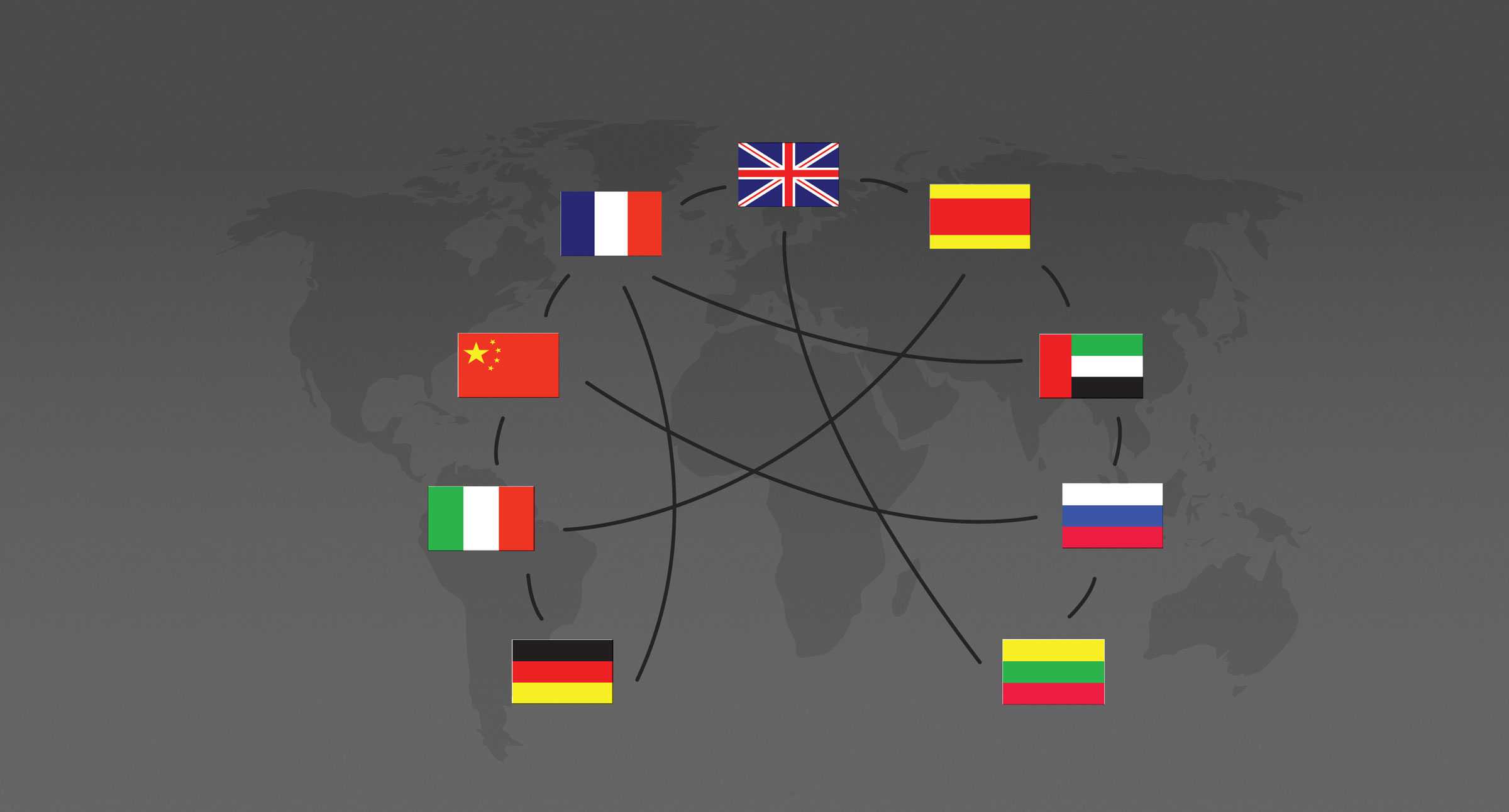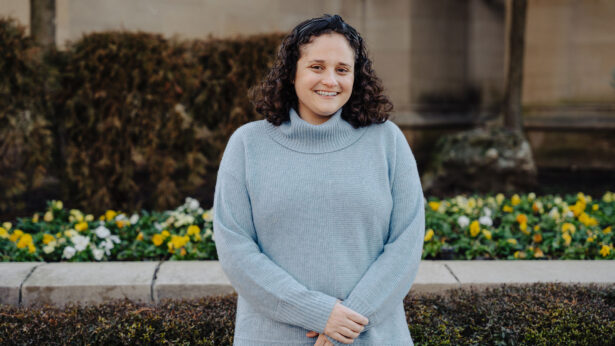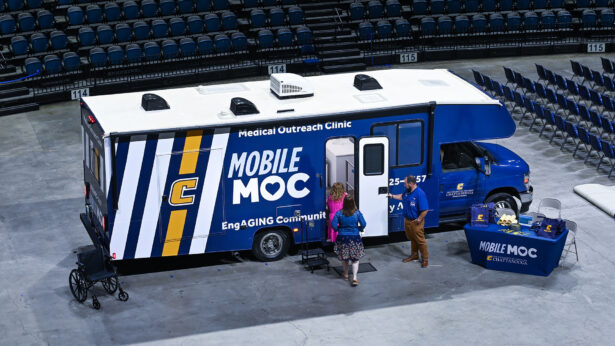By Susan Robertson
At the physician’s office, it can feel as if doctors are speaking a foreign language when discussing a diagnosis. Now, imagine that same scenario if English is not a native language.
A relatively new career field aims to help Tennesseans who need interpretation services in a medical setting. The Tennessee Language Center (TLC), an agency of the Institute for Public Service, is in its fourth year of providing medical interpretation training. The intensive training combines classroom instruction and clinical hours at Vanderbilt University Medical Center (VUMC). The TLC training is one of a few in the country that includes the clinical requirement.
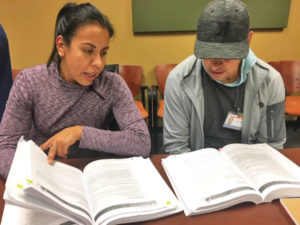
The training concludes with an oral exam. Following the training and exam, the students are strongly encouraged to become certified through the National Board of Certification for Medical Interpreters or the Certification Commission for Healthcare Interpreters prior to pursuing employment in the field.
“Our training has gained traction as it has progressed,” says Sarah Ryan, interpretation training specialist for TLC.
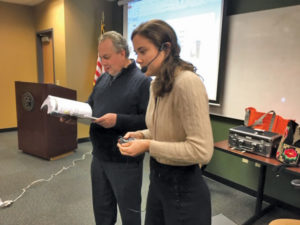
transmitter while David Morales, left, reads from a script.
In the inaugural 2017 class, 15 students enrolled, followed by 17 in the second year and 28 in the third year. In its fourth year, 22 are undergoing training.
“I have gotten excellent feedback from all the doctors that I work with,” says TLC graduate Maria Del Villar. “They have noticed a new side of my interpretation. I have you, your course and all of the amazing teachers we had to thank.”
Throughout students’ tenure in the medical interpretation program at TLC, they employ their fluency in both English and their best, second working language. The program has served students who speak Spanish, Arabic, Russian, French, Swahili and Sorani-Kurdish. This semester’s Arabic-speaking majority is joined by one Russian-speaking and three Spanish-speaking students.
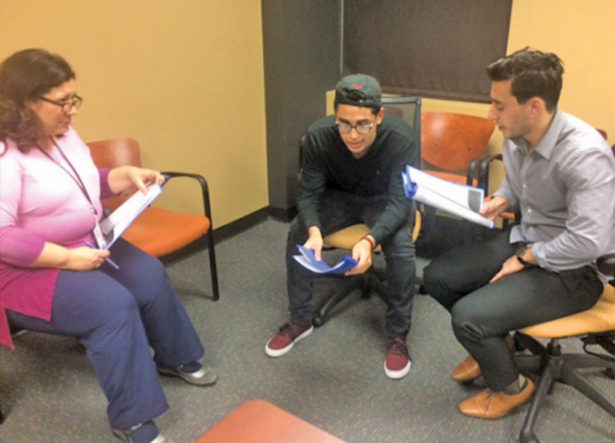
two students who are practicing their interpretation skills in one of the course’s simulated practice sessions.
The TLC medical interpreter program started four years ago as a partnership with VUMC.
“We were facing a dilemma of hiring from skilled interpreters, and I was tasked with coming up with a solution,” says Hope Collins, VUMC manager of interpreter services. “I felt we needed a community partner for this because we weren’t equipped for the classes, so I reached out to TLC and other groups. I used to work for TLC and felt they would be a great partner.”
VUMC employs 23 medical interpreters—most of whom speak Spanish and five who speak Arabic. They contract with vendors when they need other languages. Most hospitals in Tennessee offer interpretation services, whether using contractors or full-time staff members.
